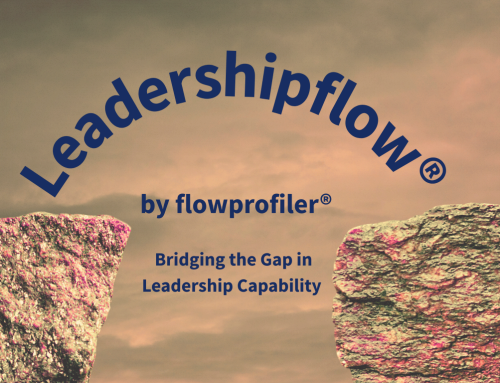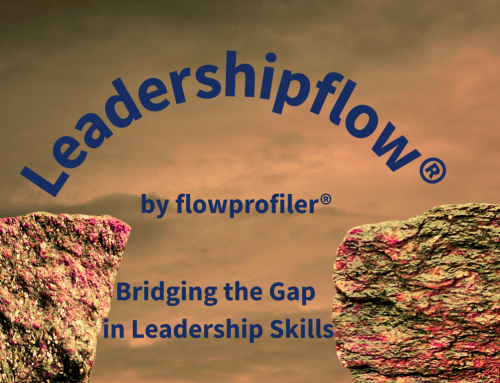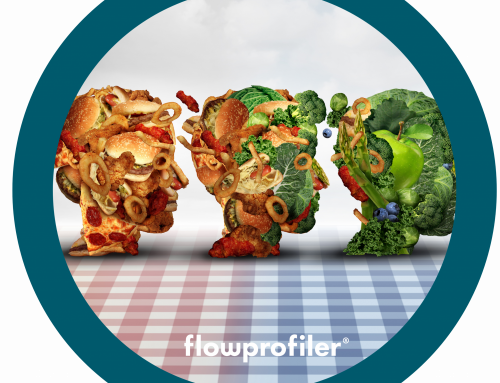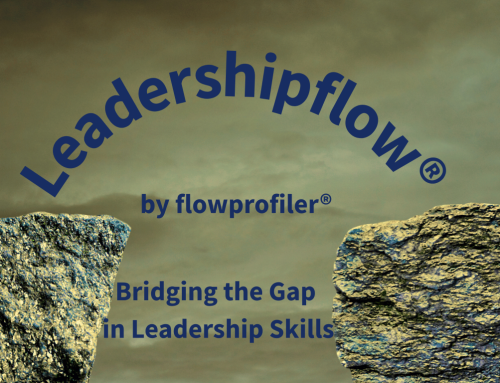Have you or a colleague ever fallen into the trap of speaking about resilience in binary terms?
You might hear people say something like “She/he /they are or are not resilient.”. You may have wondered why someone who has always performed well and pushed through every challenge will all of a sudden burn out. Or, how a colleague who you may have dismissed as being ‘un-resilient’ will deal with the most dramatic turn of events with ease.
/they are or are not resilient.”. You may have wondered why someone who has always performed well and pushed through every challenge will all of a sudden burn out. Or, how a colleague who you may have dismissed as being ‘un-resilient’ will deal with the most dramatic turn of events with ease.
What is going on?
There is a tendency to oversimplify how we speak about resilience. In reality it is much more complex. Resilience is certainly not a binary concept.
“Resilience is not a binary concept. It is a combination of behaviours that when, used well, give you the opportunity to deal with and recover from adversity”
Our research clearly shows that resilience is actually a combination of behaviours. When these behaviours are used in a healthy and effective way they create the foundation for true resilience and personal excellence in the workplace.
 We are often asked; “Can you recruit for resilience?”. Yes, absolutely you can. Once you are clear that resilience is a combination of behaviours then you are able to assess for those behaviours as part of your competency and behavioural based recruitment.
We are often asked; “Can you recruit for resilience?”. Yes, absolutely you can. Once you are clear that resilience is a combination of behaviours then you are able to assess for those behaviours as part of your competency and behavioural based recruitment.
Another question we are asked is; “Can you develop resilience at work?”. Yes, absolutely you can. Resilience is well proven to develop and change over time.
A willing person can develop their personal resilience through working with a specific combination of behaviours and this universal formula:
Self-Awareness + Self-Regulation = Personal Excellence
What behaviours result in resilience at work?
There are six behaviours that, when used well, demonstrate resilience in the workplace. They are:
Optimism: People who use optimism well are upbeat under pressure. They are realistic in their decision making and able to remain hopeful during periods of adversity. Optimism used well is grounded in reality.
Unbiased: Employees that are unbiased are objective, rational and calculated. When this behaviour is used well these people remain relatable and able to separate emotions when making decisions.
Self-Esteem: Those people with a healthy self-esteem have a clear purpose. They speak about themselves positively and are able to recognise and leverage their own strengths. Self-esteem used well is proportional to the situation a person finds themselves in and displays an openness to the ideas and talents of others.
Perseverance: Employees who use perseverance well are able to bounce back. They deal with what is in front of them and are able to thrive during periods of uncertainty.
Importantly, they are able to recognise when they are pushing too hard and make adjustments to ensure they do not burn out.
Adaptability: The ability to be flexible is a key aspect of resilience. These people challenge work practices and test assumptions. They are not afraid of change and understand how important it is to work with limited information in certain circumstances,
When adaptability is used well people are able to walk the important line of flexibility and reaching an outcome or conclusion.
Assertiveness: People who use their assertiveness have clear opinions and ideas. Importantly, they are able to deliver messages with authority. When used well, these people understand the importance of bringing others along for the journey and the value of giving team members a voice.
Are you interested in measuring and working with the resilience of your people?
If you are interested in measuring and working with the resilience of your people, then we can help.

Step 1 Measurement: We start with our occupational psychometric assessment called resilienceflow®. Designed for the workplace, resilienceflow® measures the 6 dimensions of resilience across two states; how someone is performing day-to-day and how a person is performing when under pressure.
Step 2 Choose: How would you like to use the output from the resilienceflow® assessment? You have several options:
- Train as a flowprofiler® interpreter and build competence in your organisation. Use resilienceflow® as part of your in-house learning and development material or professional development programme
- Engage a flowprofiler® certified coach to work with your talent on a 1:1 basis
- Choose a virtual or face to face team 1/2 day session facilitated by a flowprofiler® certified expert facilitator
- Develop the skills of your people with our resilience advantage workshops. Workshops are run as 1/2 or 1 day options. Choose a virtual or face to face session
- Recruit self-aware people who are able to self-manage with our interview reports
√ Development Report √ Management Report √ Team Report √ Interview Report
We are here to help: Contact us at info@chalmersinternational.com or one of our partners and we will work with you to find the best solution for your requirements.





